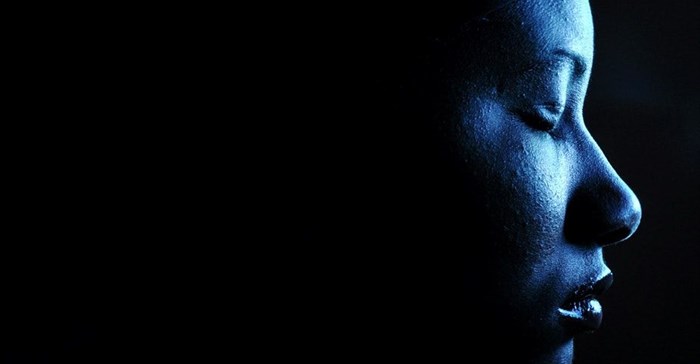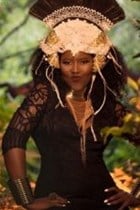
Top stories



LegalNigeria to implement new tax laws from January 1 despite calls for delay, Tinubu says
Camillus Eboh 7 hours

EducationChoosing a career? In a fast-changing job market, listen to your inner self – counsellor
Kobus Maree 6 hours


You see, in my small village, there were only two kinds of schools - those that accommodated black kids and those that accommodated white kids. None could be found for partial-race kids (or Other Asian as my birth certificate stated) In 1986 - the year I started primary school, the country was declared to be in a State of Emergency. This meant that I had to leave my parents and attend an all-Indian school in Pietermaritzburg, 80 kilometres away. There were uprisings everywhere and I remember that at my school and indeed many others, we were subject to frequent emergency drills. As kids, we never understood the danger during these drills - obviously. It simply meant giggling under our desks instead of doing our sums.
My music teacher was an Indian lady who was a bit of a rebel and I just loved her. She smoked cigarettes and taught us the original Nkos’Sikele iAfrica anthem. We sang it in whispers because nobody was meant to sing that song at that time. We also learnt Zulu and Xhosa songs and I would sing them to the absolute amusement of my parents, who would correct me on the clicks and the phrasing because our teacher couldn’t pronounce some of the words properly.
As the only black kid in my class, I got on with what I needed to do from an educational perspective. I was one of my Arpa’s (teacher) favourite students and would lead the class in prayer. I attended Madressa after school every day, where I learnt to read and write Arabic in preparation to read the Quran.
I had three best friends, and I remember the day Nafisa discovered I was black – we were about nine years old and had never seen each other outside of our burka’s during our long friendship. That week my mother had braided my hair and the bumps were clear from under my burka. She was inquisitive and asked if she could feel my hair, so I let her and when she felt the texture of it, she asked in a whisper, "Are you black?" I whispered in response, "YES!" She was fascinated for a few seconds but we carried on playing and never talked about it again.
I soon was to change schools and another chapter in my life and in my country awaited – it was 1991 and the imminent release of the man who would forever change the course of the politics of our country and in many ways change the course of my life as an individual, was upon us.
From that point onwards, I had the fighting chance to do and be whatever I desired to be in life, so I travelled and lived overseas after school and eventually landed up in the advertising industry. My life experiences have allowed me to experience the evolution of so many things – from music (from struggle songs, kwaito and hip-hop), communications (from operator operated telephones to the smartphone), politics (from FW to Cyril), tech and to my very own industry – from ATL lead advertising to digital and social storytelling that connects people to a brand instead of selling themselves and their products.
As I found myself working in an industry previously dominated by whites, I used my cultural background and life experiences in my craft. For many years, an industry that didn’t succeed in capturing the essence of the black narrative, and quite honestly, still struggles to get that narrative right for a number of reasons.
Even now, 24 years since the democratic process kicked in, we struggle with cultural misunderstandings, misinterpretations and downright cultural insensitivities. We have made strides but as I’ve learnt, never focus so much on the negative that we forget the massive good which has come as a result of change.
I also believe, that for storytelling, whether in advertising or social media, to resonate, we must use our varied and diverse cultural experiences, our personal worldviews, to collaborate to create content that captivates.
